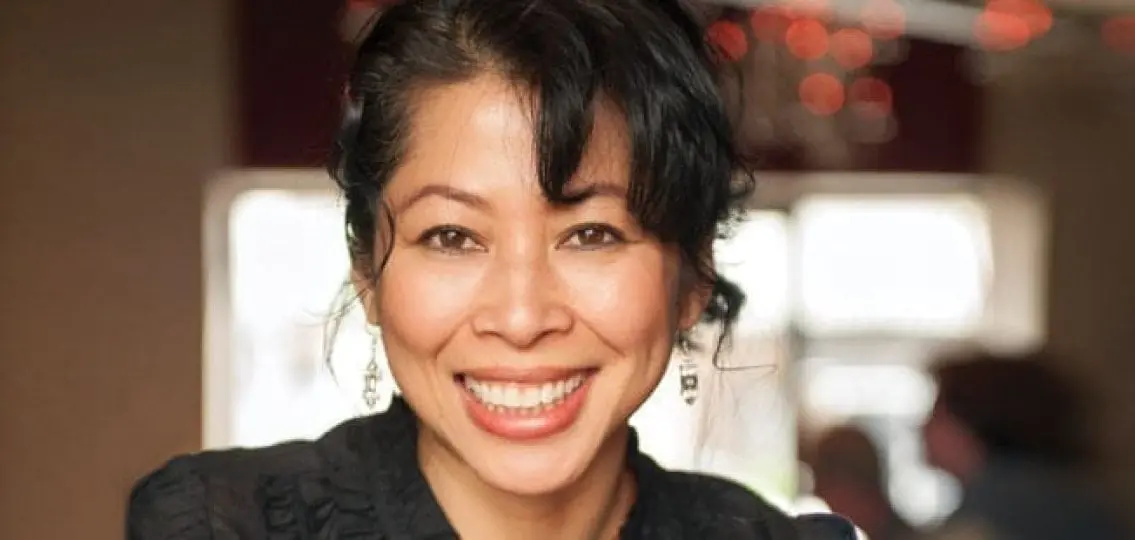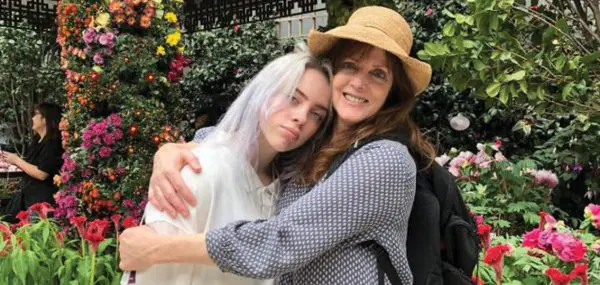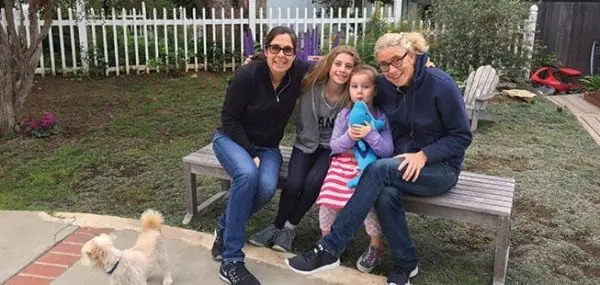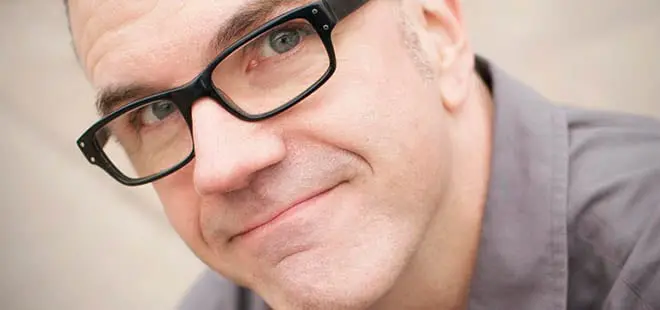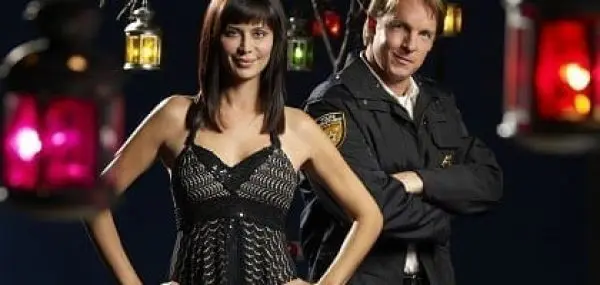(with help from Samantha Zabell and Kaitlin Coyle)
Loung Ung, author, lecturer, and activist, was only five years old when the Khmer Rouge regime stormed Cambodia. By the time she was eight years old, her father, mother, and two sisters were all dead. From her experience comes Loung Ung’s memoir, First They Killed My Father, an autobiographical account of devastating loss and inspiring courage. I had the privilege of sitting with her to hear her story.
An Interview With Author Loung Ung
Q: What was it like to grow up in a war?
Ung: In the span of three years, eight months, and 20 days, my life as a precocious child of five ended abruptly. The soldiers came in with guns and grenades, and evacuated everyone from the city. We went from a civilized life to living in factories without electricity, running water, or toilets. I went from living a normal life to living this war.
Q: What happened to you and your family?
Ung: One by one, our rights were taken away. First, the soldiers took away our individuality; everyone had the same haircut and wore the same clothes. Within the first year, we were so hungry that we could barely walk. The soldiers separated families; they took my 14-year-old sister and my two brothers. Soon after, they came for my father and days later, we were told that he had been killed. One loss after another, everything changed. In a span of four years, almost two million Cambodians died out of a population of seven million people.
Q: Did anybody ever envision that this could happen?
Ung: Nobody brings a family into this world thinking that they won’t be here to raise them and love them. My parents brought me into the world with the full intention of being here, and giving me love. Then, they were torn from me.
Q: When the war was over, how did you cope with the loss?
Ung: Doctors tended to my physical health. I was so malnourished that American doctors monitored me closely. But no one helped me work through the PTSD and issues of believing that my mother had abandoned me, or that my father was mostly likely executed, or that my sisters died from starvation. As an adult, I understand these emotional scars, but as a 10-year-old, I did not.
Q: After tremendous loss, you kept going. What helped you move forward?
Ung: Life is a long journey. Sometimes, you reach one destination only to find that you need to keep going. Right after I lost my parents, I stayed alive because I didn’t know how to die. I was too young to take my life. After that moment passed, I realized that I didn’t want to die. I wanted to stay alive for my father. He thought I was so special and he wanted me to survive. I loved my father dearly and I had to honor him. In some ways, I just grabbed whatever was available to me, and took that next breath. That was all I had.
Q: But you don’t sound angry. Were you ever angry?
Ung: I had a period when I was angry with my mother for sending me away. After working at a domestic violence shelter for three years, I have a different perspective. My mother did the best she could in that environment. She knew the soldiers were coming back for the wives and the children, so in order for us to survive, we couldn’t stay together.
Q: Today, where is the rest of your family?
Ung: I still have a sister and brother in Cambodia, and two brothers in America.
Q: Are you able to keep in touch with the two in Cambodia?
Ung: I go to Cambodia frequently — I’ve been there over thirty times. I had a job with the Veterans of America Foundation that was based out of Cambodia, so I’ve been back and forth for the last fifteen years.
Q: How is life in Cambodia now?
Ung: The nation still has many problems, but there is a rebirth: a new generation of artists, new buildings, new roads, and so much more. We used to be one of the major producers of gourmet rice, but the war decimated it. Now, there are farms growing rice again, and that has been joyful to watch. I love going back to Cambodia.
Q: How did you heal?
Ung: I love my work and the ability to share my message. I went through a major trauma, and I spent time in self-reflection, to the space that was all about me. I went inward to heal myself. Then, I turned outward and became an activist working on campaigns to ban landmines, end violence against women, and ban the use of child soldiers. Now, I reach out and assist in whichever way, in whatever capacity.
Q: When you talk to kids, what do you say that really resonates with them?
Ung: My story through my book, First They Killed My Father, and speaking to them, gives them a different perspective on life, and they realize what they’ve been taking for granted. That’s really what I want — for them to see how much they have, and that they have an obligation and responsibility to pay it forward.
